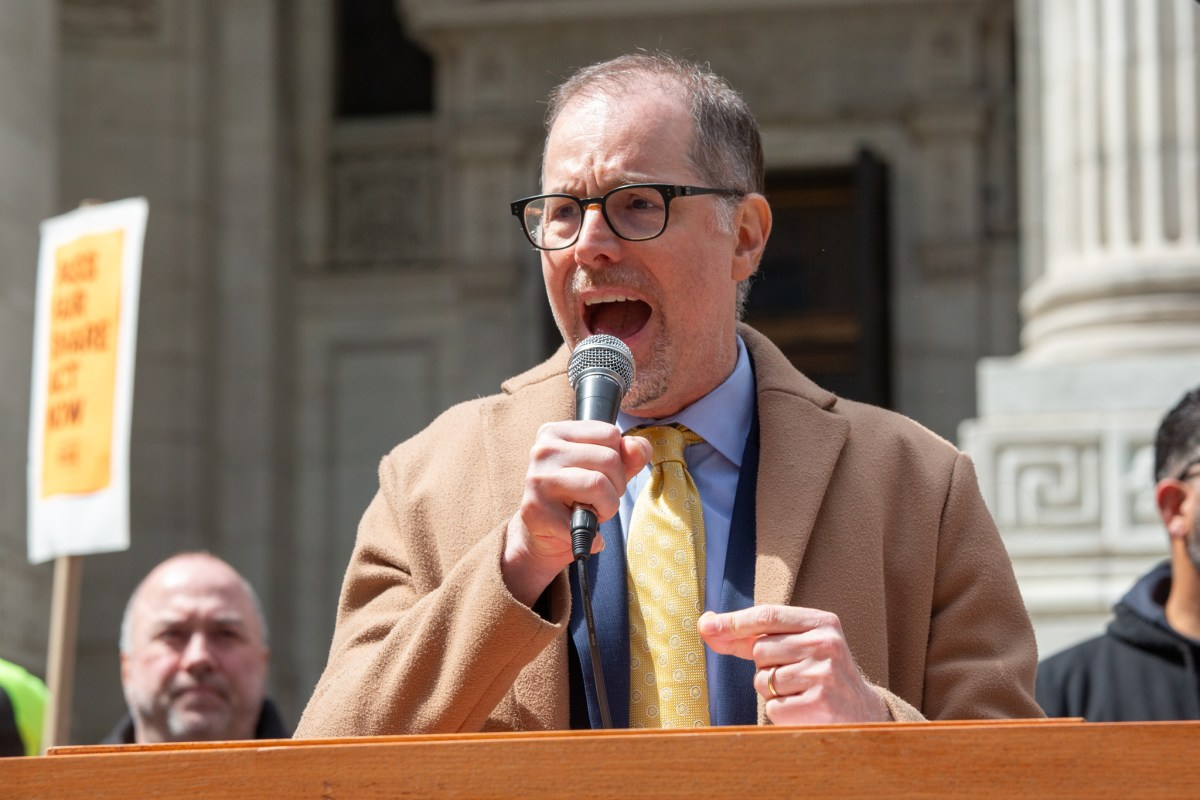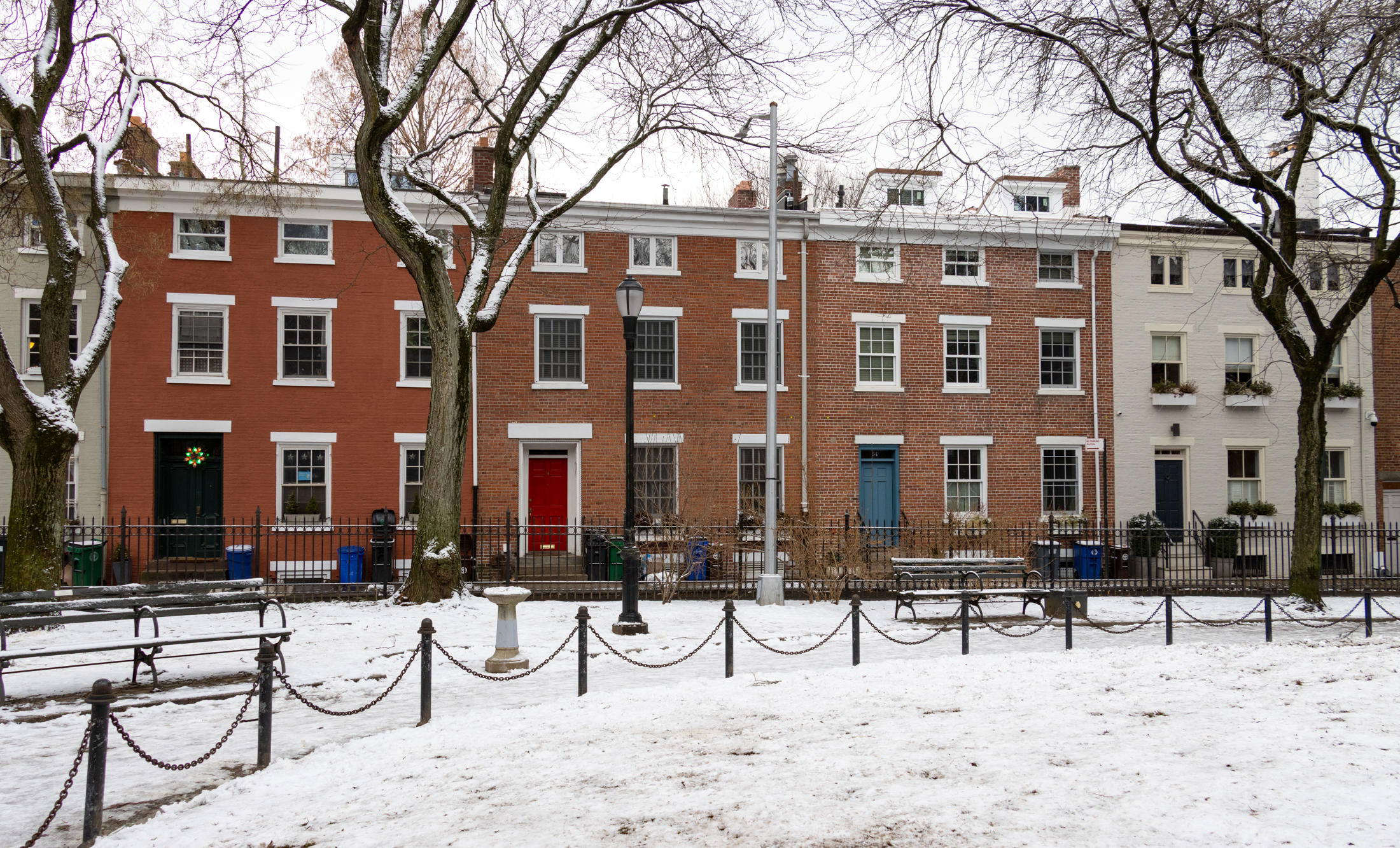Long-term Rates Hit 20-Month High. Now What?
March 7, 2006 — The yield on the 10-year Treasury note rose to its highest level since June 2004 — a sign that a renascent global economy could bring higher interest rates on everything from U.S. home loans to corporate bonds around the world. Strong growth tends to bring higher inflation, which pushes up interest…

 March 7, 2006 — The yield on the 10-year Treasury note rose to its highest level since June 2004 — a sign that a renascent global economy could bring higher interest rates on everything from U.S. home loans to corporate bonds around the world. Strong growth tends to bring higher inflation, which pushes up interest rates. Some economists and investors believe a movement toward much higher U.S. interest rates could sow the seeds of its own reversal. That is partially because U.S. consumers are heavily indebted. Household mortgage debt rose to more than $8 trillion in 2005, from less than $5 trillion at the end of 2000. Some economists worry if the cost of servicing mortgage debt rises too much, it could slow the economy and bring interest rates down again…”If you keep raising the yield on the 10-year, that will keep taking the steam out of the housing market, and that right there will slow you down,” says Matthew Smith, portfolio manager at Smith Affiliated Capital Corp., a fixed-income asset manager in New York.
March 7, 2006 — The yield on the 10-year Treasury note rose to its highest level since June 2004 — a sign that a renascent global economy could bring higher interest rates on everything from U.S. home loans to corporate bonds around the world. Strong growth tends to bring higher inflation, which pushes up interest rates. Some economists and investors believe a movement toward much higher U.S. interest rates could sow the seeds of its own reversal. That is partially because U.S. consumers are heavily indebted. Household mortgage debt rose to more than $8 trillion in 2005, from less than $5 trillion at the end of 2000. Some economists worry if the cost of servicing mortgage debt rises too much, it could slow the economy and bring interest rates down again…”If you keep raising the yield on the 10-year, that will keep taking the steam out of the housing market, and that right there will slow you down,” says Matthew Smith, portfolio manager at Smith Affiliated Capital Corp., a fixed-income asset manager in New York.
Interest Rates Keep Climbing [Wall Street Journal]





Go with the 10 year interest-only mortgage if the rate is equivalent to a 10 year ARM. Doing so would provide flexibility. In general, nothing precludes one from prepaying principal interest only period. Interest only refers to the fact that you are not OBLIGATED to pay interest during the interest only period.
Just verify that there is no prepayment penalty for doing so (if there is, then run the other way!).
Have you considered a 10-year ARM? I would expect that would be somewhat less risky (since you’d be paying some principle each month) and you’d have a somewhat lower rate.
Thoughts?
As for 10-year vs. 30-year fixed, consider what you’d do if housing values either drop or rise very significantly (e.g. 25%) say, 5 years from now, and stay there for another 5 years.
I’m a 5-year ARM’er looking to refinance because of the inevitable spike in a few years when my fixed rate ends. What do people think about the concept of fixing my rate with a long-term, interest-only mortgage? It’s good for 10 years at the new rate (less per month than I’m paying now)–and chances are I’ll be selling my condo well before then.
From what I understand, a lot of people who took adjustable rate mortgages, especially interest-only loans, said they’d simply refinance into fixed rate mortgages before their loans reset. My concern is that a good number of them may default when they see they have to refinance at a much higher interest rate. What will this do to the housing market?